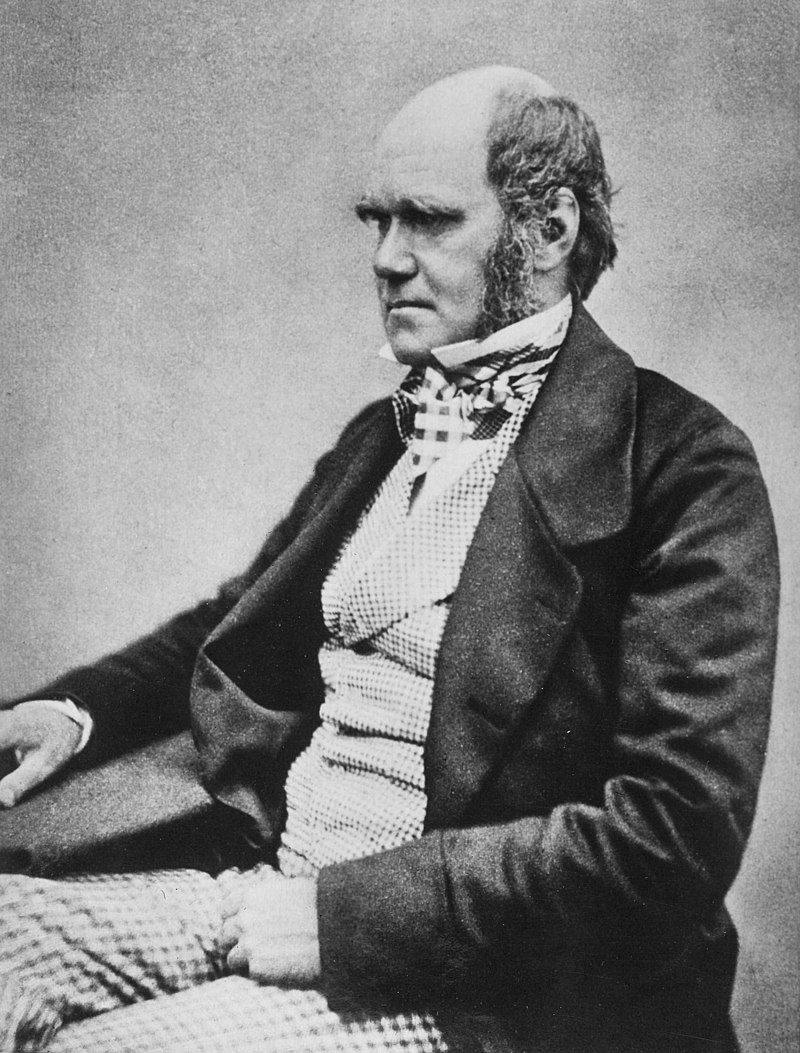This article about Francis Galton, Charles Darwin’s cousin, a key figure in the eugenics movement, manages to avoid mentioning Darwin, even though he was clearly among those Victorians for whom racism was a normal point of view:
And by the standards of today, Galton does resemble a monster. He was a brilliant statistician but also a racist (not just my assessment, but that of Veronica van Heyningen, the current president of the Galton Institute). He was obsessed with human difference, and determined to remove from British society those he considered inferior.
Yet as our critical gaze falls on Galton, are we losing sight of just how popular his idea was among so many Britons? In the early 20th century, a surprisingly broad roster of public figures aligned themselves with Galton’s vision. It attracted people on the left and right, prominent writers and intellectuals, leading scientists and politicians. Virginia Woolf, TS Eliot, DH Lawrence, Julian Huxley, Winston Churchill, Marie Stopes – all held eugenic views. Churchill was vice-president of the first International Eugenics Conference, held in London in 1912. Although there were notable critics, to be a eugenicist was to be firmly in the mainstream.
Angela Saini, “In the twisted story of eugenics, the bad guy is all of us” at The Guardian
Okay. How come in a world where nothing is sacred and the bad guy is all of us, Darwin alone is exempt?
See also: Darwin reader: Darwin’s racism
Follow UD News at Twitter!
